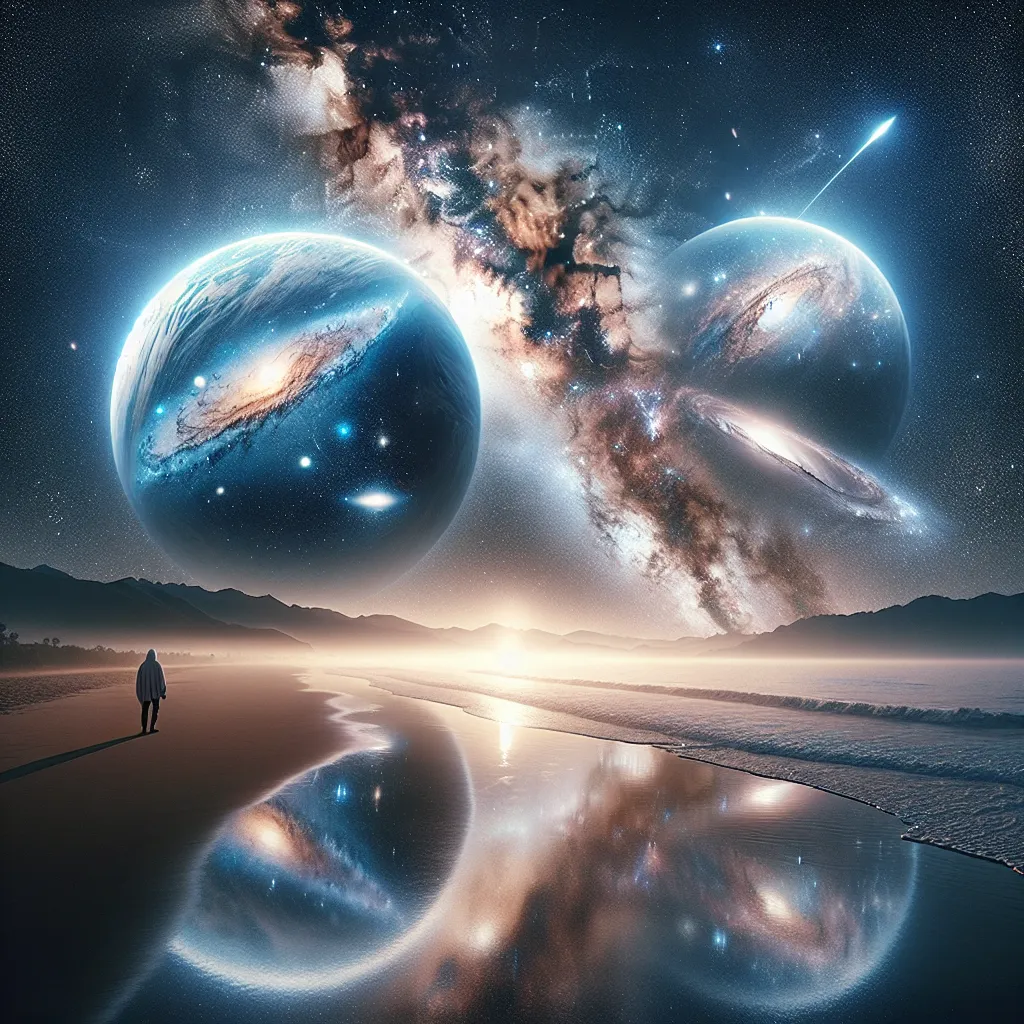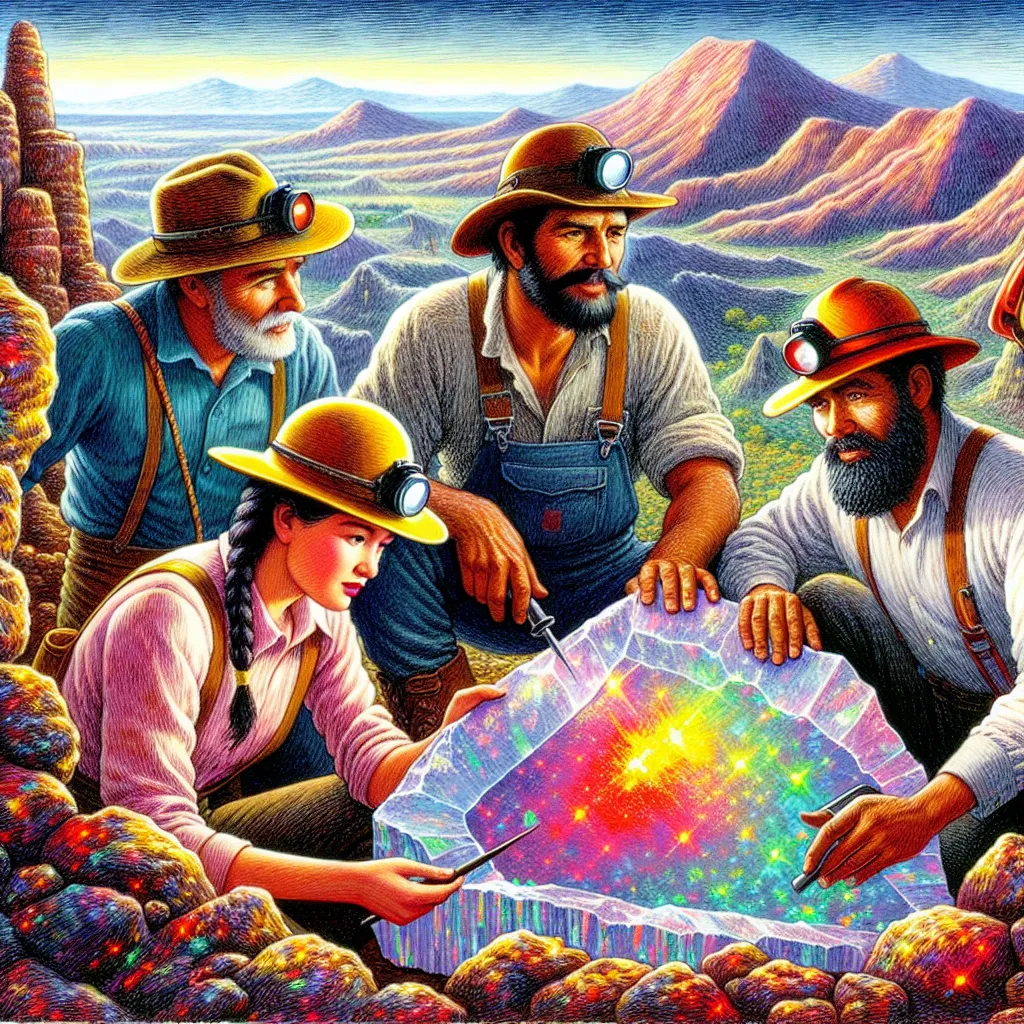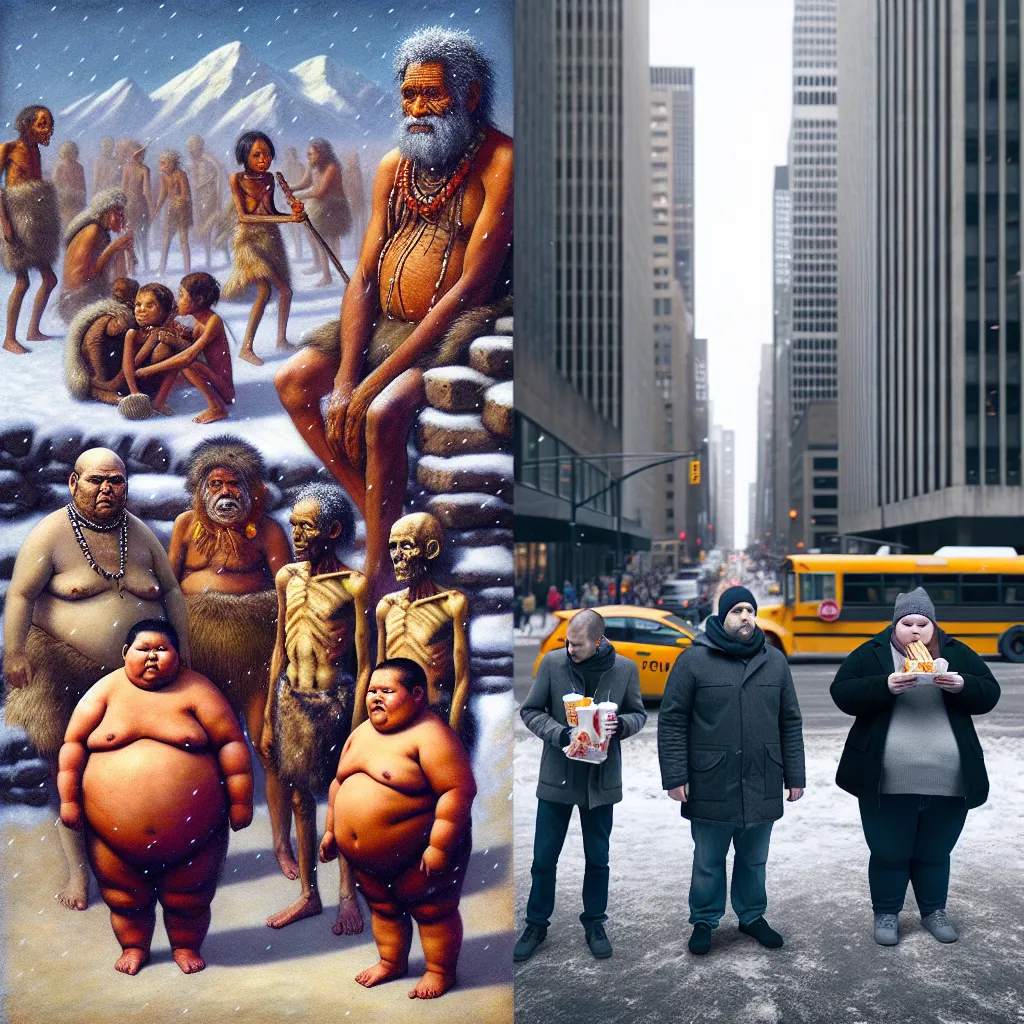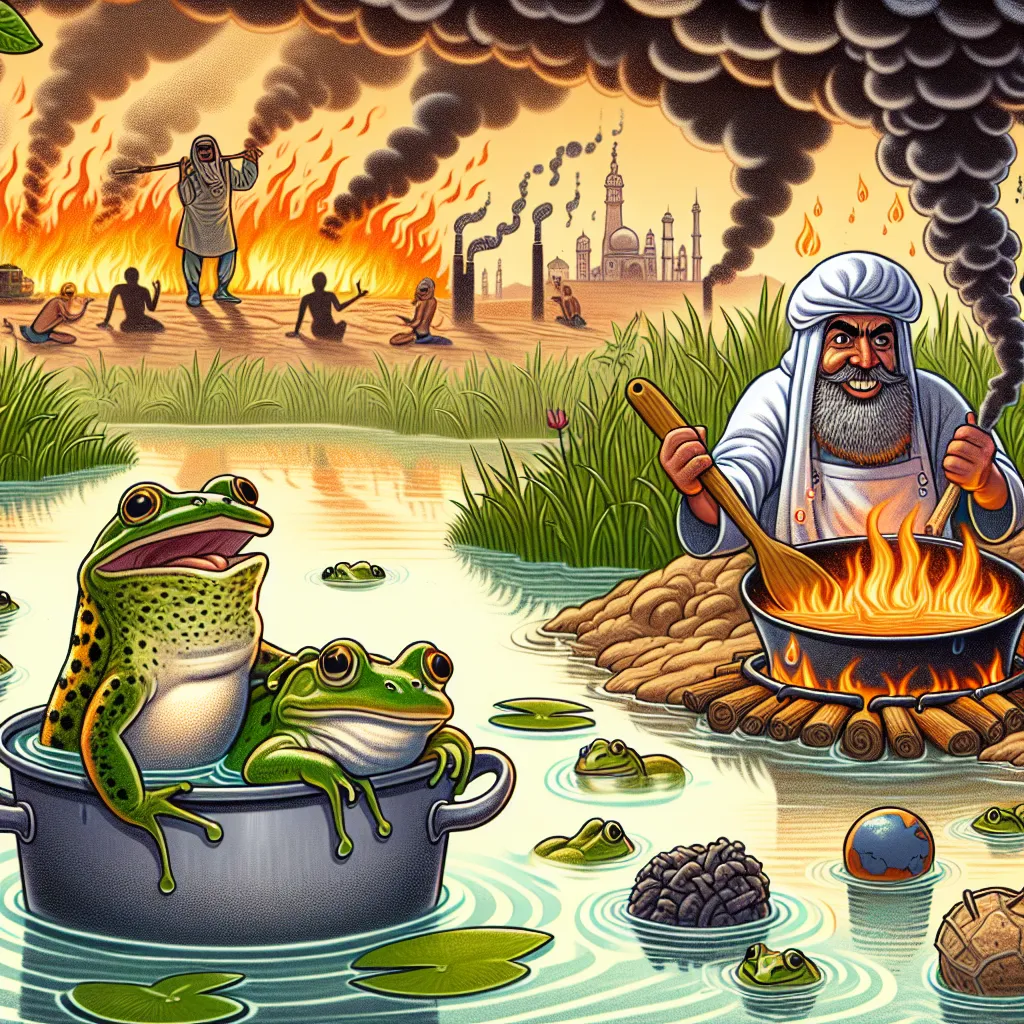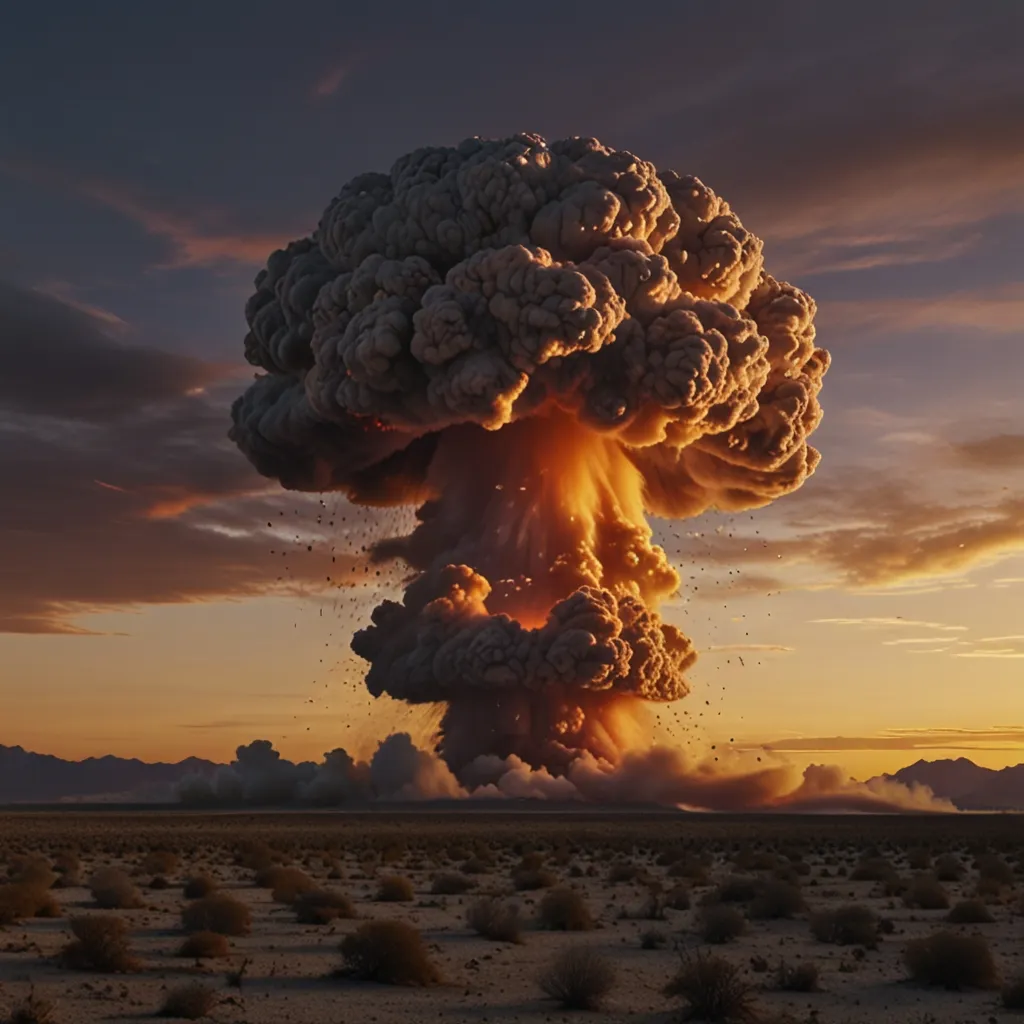Sometimes, when I’m on a long plane flight, I stare out at the endless mountains and deserts trying to wrap my head around how vast our Earth is. Then, it hits me that the sun, something we see every day, could fit a million Earths inside it. The sun feels enormous, but in reality, it’s just a tiny speck among roughly 400 billion stars in the Milky Way galaxy. On a clear night, you can see the Milky Way stretching across the sky like a pale, white mist.
And it gets crazier—there are around 100 billion galaxies visible through our telescopes. Imagine if each star was the size of a single grain of sand—just our own Milky Way could fill a 30-foot by 30-foot stretch of beach, three feet deep, with sand. But there aren’t enough beaches on Earth to represent all the stars in the universe. You’d need beaches stretching hundreds of millions of miles. That’s a mind-boggling number of stars.
But wait, there’s more. Some physicists, including Stephen Hawking, believe our universe is even grander than we can currently see. The 100 billion galaxies we detect might be just a tiny slice of the whole picture. Space is expanding faster and faster, with galaxies racing away from us so quickly their light may never reach us. Yet, these far-off galaxies are part of our universe, playing by the same rules, made of the same stuff—atoms, electrons, protons, quarks, neutrinos—that make up everything, including us.
Then there’s string theory, suggesting the existence of numerous other universes, each with different particles, laws, and properties. Most of these universes might be fleeting and incapable of supporting life, but together they form a colossal multiverse. The leading string theory suggests there could be up to 10^500 universes. To put that in perspective, even if every atom we can observe was its own universe, and every atom in those universes had their own universes, repeating the process, you’d still only reach a tiny fraction of the total—a one followed by 500 zeroes.
Even that number, colossal as it is, pales next to infinity. Some physicists believe the space-time continuum could be infinite, filled with countless “pocket universes” with different properties. Feeling a bit overwhelmed? It gets wilder with quantum theory. Proven beyond doubt but still baffling, some physicists think it implies numerous parallel universes are born every moment. Among them, there could be many versions of us. In one, you ace every challenge and find your soulmate; in another, not so much.
However, not all scientists agree on these ideas. Some say there’s just one universe, while a few philosophers argue that even our universe is an illusion. So, the truth might lie somewhere between zero and infinity. Whatever the answer, it’s an exhilarating time to dive into physics—we could be on the brink of humanity’s greatest understanding shift.
